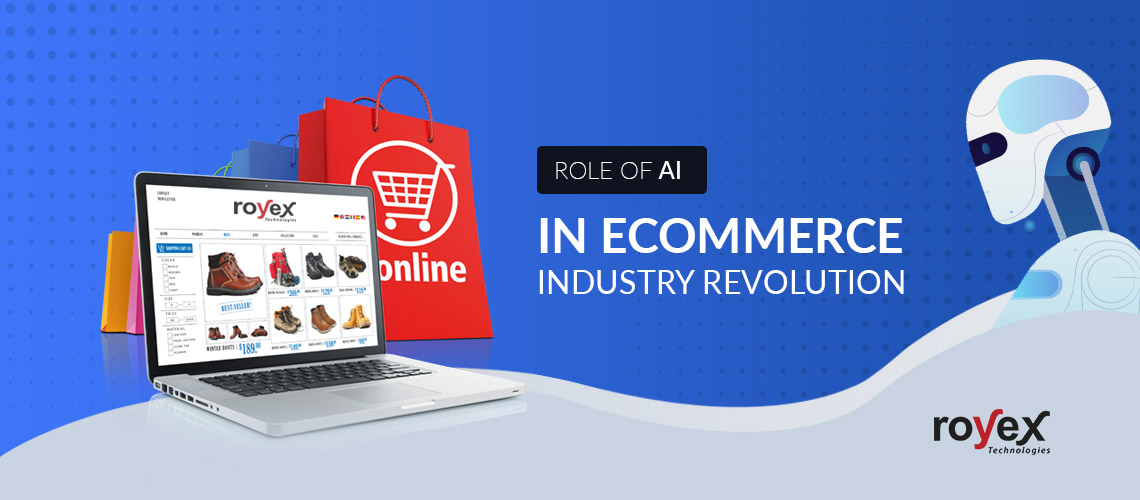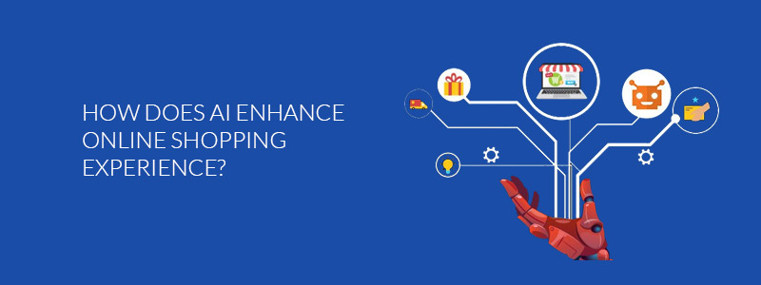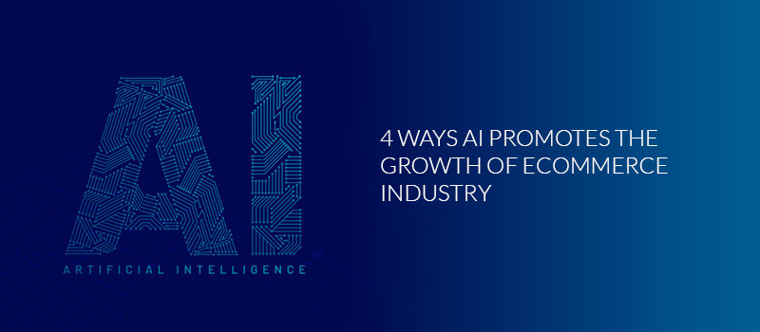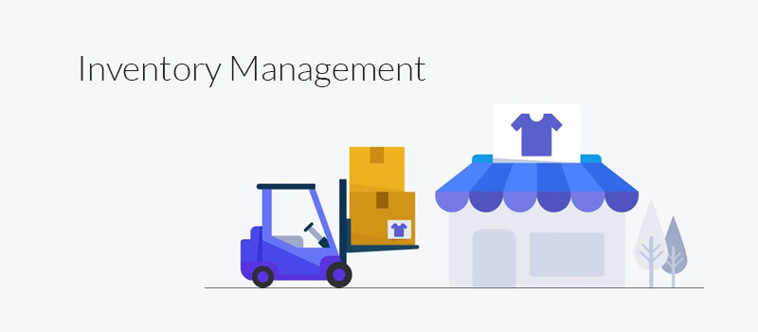
Role of AI in Ecommerce Industry Revolution
One of the big success stories of Amazon is the merchandise upselling and cross-selling on its website which is responsible for an incredible 35 percent of its total sales.
What technology is responsible for this conversion? The answer lies with the product recommendation technology from Amazon which is primarily powered by AI (Artificial Intelligence).
In addition to product recommendations, online retailers utilize artificial intelligence in the ecommerce industry to deliver chatbot services, evaluate consumer feedback, and provide online shoppers with customized services.
In particular, a 2019 survey by Ubisend showed that 1 of every 5 customers are likely to buy products or services from a chatbot, whereas 40% of online shoppers are searching for better discounts and shopping deals through chatbots.
Although global e-commerce sales are expected to hit $4.8 billion by 2021, Gartner estimates that AI systems (without any human agent) can handle about 80 per cent of all consumer transactions by 2020!
In this article, we will see some of the relevant artificial intelligence technologies in Ecommerce that is revolutionizing this industry.
How does AI enhance online shopping experience?

Through predicting buying habits centered around the items that consumers purchase and where they purchase from, the application of artificial intelligence in online retail changes the e-commerce industry.
For instance, if online shoppers often buy a specific coffee brand every month, then the online retailer might give such shoppers a customized deal for this product, or even use a machine-learning suggestion for a complementary product that goes well with the coffee .
Ecommerce AI tools or AI-powered digital assistants, such as the Google Duplex, are improving technologies such as making lists of groceries (from the shopper's natural voice) and even placing orders for them online.
4 ways AI promotes the growth of Ecommerce industry

Although the applications of artificial intelligence in ecommerce are numerous, here are four big ecommerce AI applications that dominate the industry today.
1. Virtual Assistants

E-commerce companies are shifting rapidly to chatbots or robotic assistants to provide their online shoppers with 24/7 assistance. Chatbots, designed using AI technology, are becoming more intuitive and enabling a better customer experience.
In addition to delivering strong customer service, chatbots improve AI 's influence on Ecommerce by functionalities such as:
- Natural language processing (or NLP) which can perceive voice-based user interactions.
- Providing further perspectives into consumer needs.
- Self-learning skills which help them develop over time.
- Provide personalized or tailored deals to customers.
2. Smart product recommendations

Customized product recommendations for online customers are among the main applications of AI in ecommerce, rising the engagement levels by 915 percent and the average order prices by 3 percent. Thanks to its analysis of previous sales, checked items and web surfing patterns, AI in Ecommerce is influencing consumer decisions through the usage of big data.
- Product recommendations give Ecommerce merchants various benefits including:
- Returning customers
- Improved sales and consumer satisfaction
- A customized online shopping experience for the shoppers
3. Personalization

Personalization is ranked among the most effective modes and is at the core of AI in ecommerce marketing. AI and deep learning in Ecommerce extract valuable consumer insights from the produced customer data, based on unique data obtained from each online user.
These insights allow retailers in Ecommerce to make appropriate product recommendations and provide consistent user experiences.
4. Inventory Management

While the conventional form of inventory management was restricted to current stock levels, AI-enabled inventory management is enabling how to maintain stocks based on data related to:
- Sales trends over the previous years
- Projected or anticipated changes in product demands
- Potential supply-related issues that could impact inventory levels
Apart from inventory management, AI is enabling warehouse management with the emergence of automated robots that are being projected as the future of artificial intelligence in Ecommerce.
Unlike human employees, AI robots can be used to store or retrieve stocks 24×7 along with immediate dispatching of ordered items following an online order.
In addition to transforming the E-commerce industry in multiple ways, AI in the B2B Ecommerce sector is driving a host of innovative solutions.
As discussed in this article, artificial intelligence plays a leading role in pushing creative technologies and consumer experiences within Ecommerce. Some of the leading artificial intelligence use cases in Ecommerce are in the area of custom shopping, product recommendations and inventory management.
As an online retailer, how do you consider implementing an artificial intelligence model that works for your business?
We at Royex Technologies, a leading Website, Mobile App and E-commerce Development Company in Dubai, have certified Magento developers who can bring reality to any of your ideas. If interested feel free to call us at +971566027916 or mail us at info@royex.net and we can send you a proposal based on your idea.





